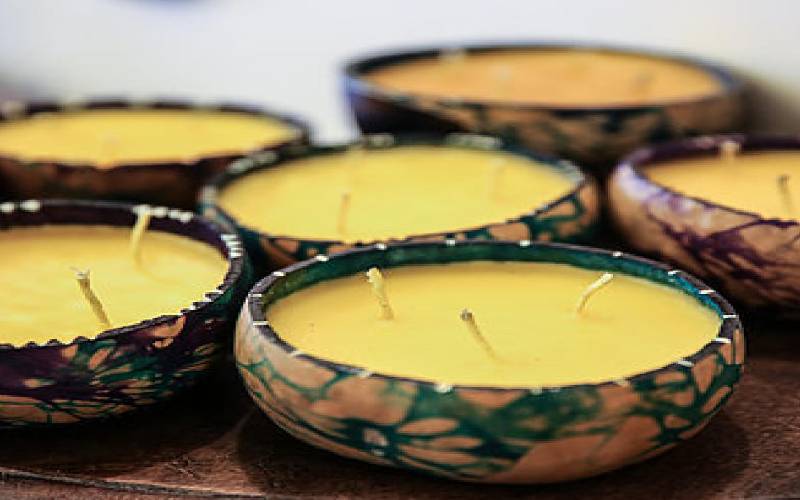
At Kamulu shopping centre in Nairobi, by the roadside, a collection of calabashes, gourds, horns and pots will catch your attention. And so my curiosity got me asking the proprietor, James Ndambuki what
it was that inspired this particular business. The tall soft-spoken gentleman was happy to indulge my curiosity.“I have been here for about 10 years now,” he says.
James turned to selling the traditional containers when he discovered that there was a big market mostly from Central Kenya natives.
“Such items are popular in traditional wedding ceremonies like the ngurario,” he explained. I would also add that taking beer using a horn is touted to be ‘mchele’-proof (hard to lace with drugs). This is because you possibly can’t leave your horn unattended in a drinking den. Don’t also forget that these commodities are popular with witchdoctors or witches if you may.
Interestingly, Ndambuki used to sell fruits but realised that this was a more lucrative business with almost no competition. “Fruits are perishable, not horns or pots.” How creative!
“Do you worry about competition?” I ask.
“No. Competitors would have a problem sourcing the supplies which I get from as far as Kitui,” he replies.
He uses a classic competitive tool, controlling the supply chain.
Ndambuki’s business is small but has all the characteristics of a sophisticated business. The display is superb, he sells what few can sell and uses sourcing as a barrier to entry just like the Chinese control the supply of rare earth metals.
This hustle exploits the blue ocean strategy very well. Who thought one can make money selling such traditional items in the age of internet and fine dining? Who thought we need such items when modernism or westernisation is the norm? And in the city no less.
Modernism has led to identity crisis and yearning for identity. Could that explain why tribalism still thrives despite people embracing education and religion?
The next generation of entrepreneurs or hustlers should learn from this humble example. There is money in being exclusive. It is unlikely that a PhD or MBA class would use this hustle as a case study. They would prefer a listed firm. Yet in reality, we can learn more from this hustle than from many big firms.
As I was talking to Ndambuki, a young man came in to buy a calabash. I should have asked him why he was buying it but I missed my chance. Nevertheless, I bought a souvenir; a horn, for Sh400.
This hustle is a good example of how entrepreneurs can think without a box. Have you started a hustle that shows evidence of thinking without a box? Talk to us.




No comments :
Post a Comment